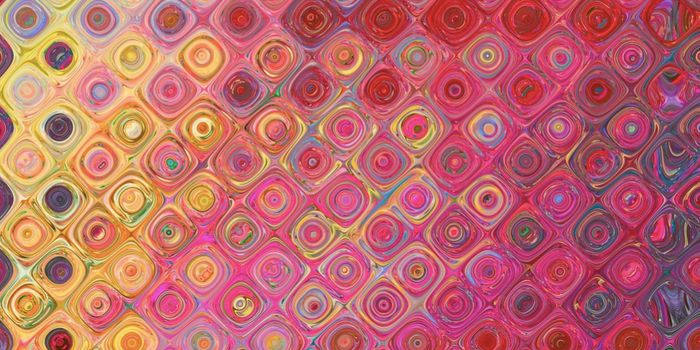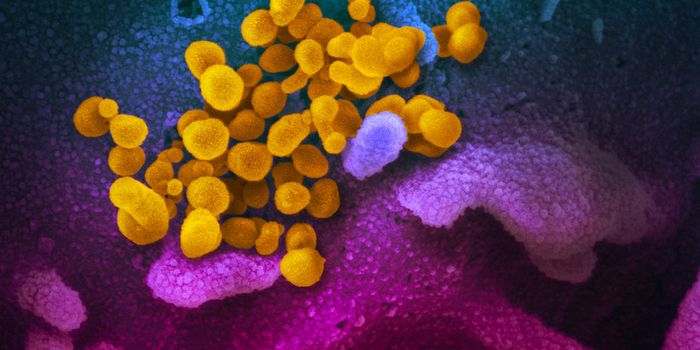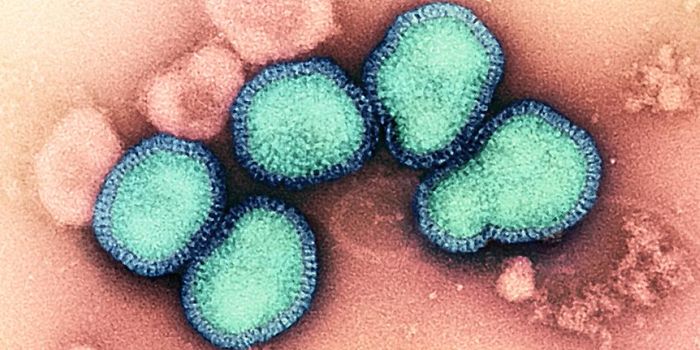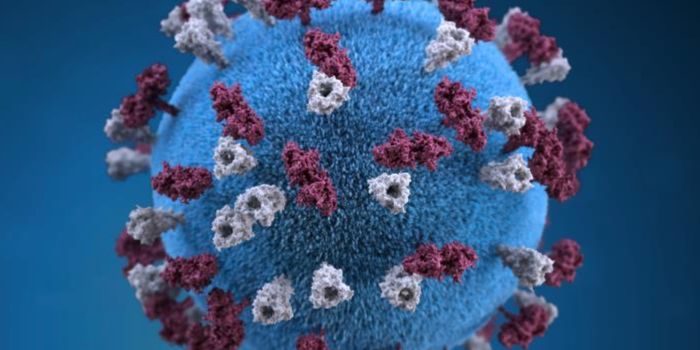PPI use alters microbiome, damages liver
New research shows that taking a proton-pump inhibitor (PPI) for acid reflux alters your gut microbiome to promote liver disease. To make matters worse, people with chronic liver disease are already more likely to take a PPI.
Image: RefluxMD
These findings are rather startling when you consider that PPIs are one of the most commonly prescribed medications in the world - these include Prilosec, Nexium, and Prevacid.
According to study author Bernd Schnabl, “our stomachs produce gastric acid to kill ingested microbes, and taking a medication to suppress gastric acid secretion can change the composition of the gut microbiome.” Schnabl and colleagues found that a decrease in stomach acid promotes the growth of Enterococcus in the intestines. From there, they reason, the bacteria translocate to the liver and cause inflammation.
The group used mice to study the effect of suppressing stomach acid (as a result of PPI use) on three types of chronic liver disease - alcoholic liver disease, nonalcoholic fatty-liver disease, and nonalcoholic steatohepatitis.
When they blocked stomach acid production with a PPI (or other methods), they found more Enterococcus in the animals’ stools, suggesting that the PPI altered the gut microbiome in some way. Likewise, blocking the production of stomach acid exacerbated all three types of liver disease.
In a separate experiment, the researchers colonized mice with extra Enterococcus faecalis, a common gut microbe. Doing so increased both steatohepatitis and alcohol-induced liver disease in the animals - pointing to a direct link between gut microbes and liver disease.
Finally, they looked for a connection between PPI use, alcohol use, and cases of alcoholic liver disease. From a group of over 4,800 people diagnosed with chronic alcohol abuse, 21% actively used PPIs, while 63% had never used them. Interestingly, PPI users had a greater 10-year risk for developing alcoholic liver disease than people who didn’t use PPIs - 20.7% versus 12.4%. As in the mice, PPI use also increased the amount of Enterococcus in the stools of these patients.
According to Schnabl, “our findings indicate that the recent rise in use of gastric acid-suppressing medications might have contributed to the increased incidence of chronic liver disease. Although obesity and alcohol use predispose a person to acid reflux requiring antacid medication, many patients with chronic liver disease take gastric acid suppressive medications without appropriate indication. We believe clinicians should consider withholding medications that suppress gastric acid unless there is a strong medical indication.”
Sources: UC San Diego News, Nature Communications









